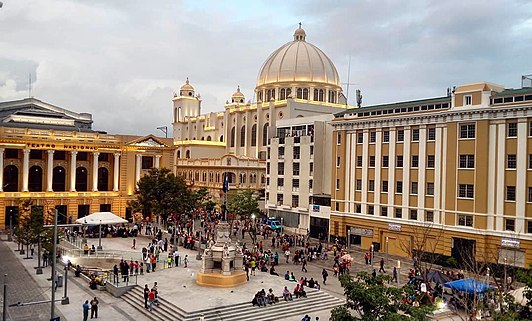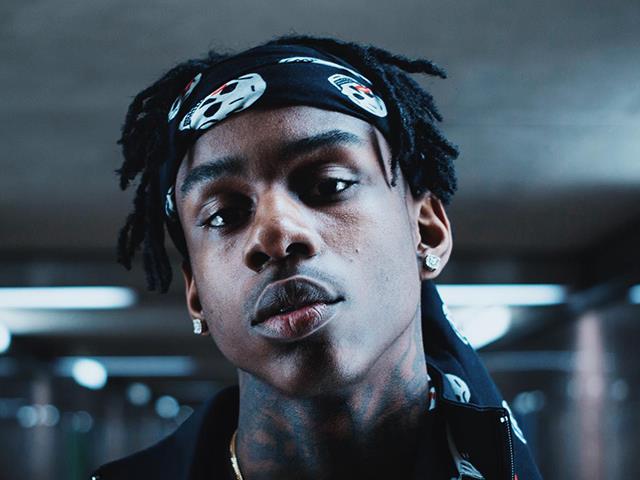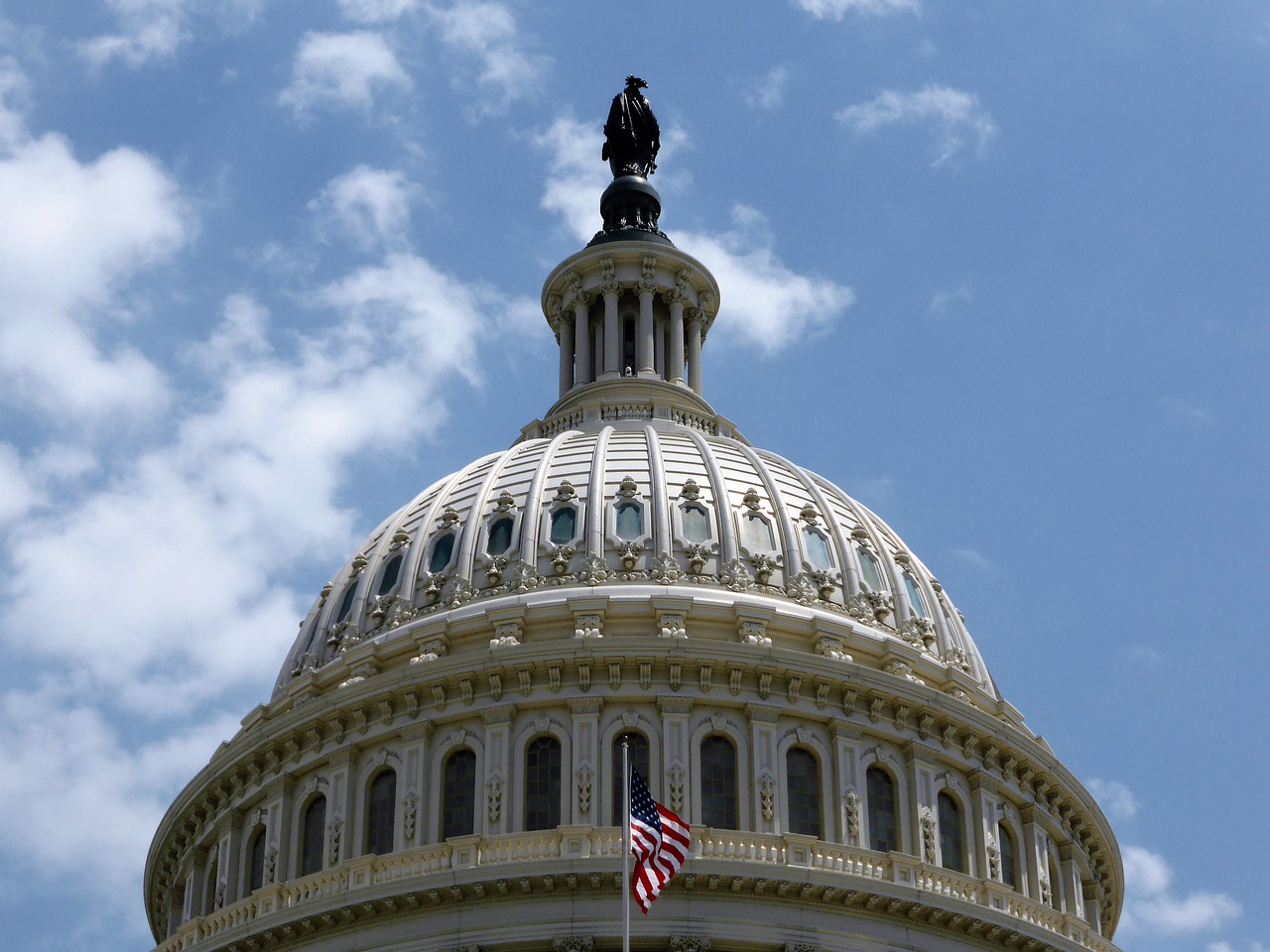El Salvador Moves to the Right in Presidential Election
On Sunday, February 3, the Central American country of El Salvador held its presidential election to replace its outgoing head, former guerilla leader Salvador Sánchez Cerén of the leftist Farabundo Martí National Liberation Front (FMLN).
37-year-old former San Salvador Mayor Nayib Bukele of the new conservative Grand Alliance for National Unity party avoided a runoff election with conservative businessman Carlos Calleja from the right-wing Nationalist Republican Alliance (ARENA) party by winning more than 53% of the popular vote.
FMLN’s candidate, former Foreign Minister Hugo Martinez, came in third place with about 14% of the vote.
Running on a platform to combat corruption and increase the economy — as well as security in a developing country plagued by poverty and violence — Bukele will become El Salvador’s first president from a third party since the country was historically ruled by either ARENA on the right and FMLN on the left since the end of the Salvadoran Civil War in 1992. President-elect Bukele will assume the office on June 1, 2019.
El Salvador is the latest country in the Americas to swing to the right. Countries in the region such as Brazil, Peru, Colombia, Paraguay, and Chile have recently elected conservative leaders into office after more than a decade of leftist governments sprung by the Pink Tide of the 2000s.
Uruguay, Nicaragua, Cuba, Venezuela, Ecuador, Mexico, and Bolivia are the only major countries left governed by left-wing parties.




